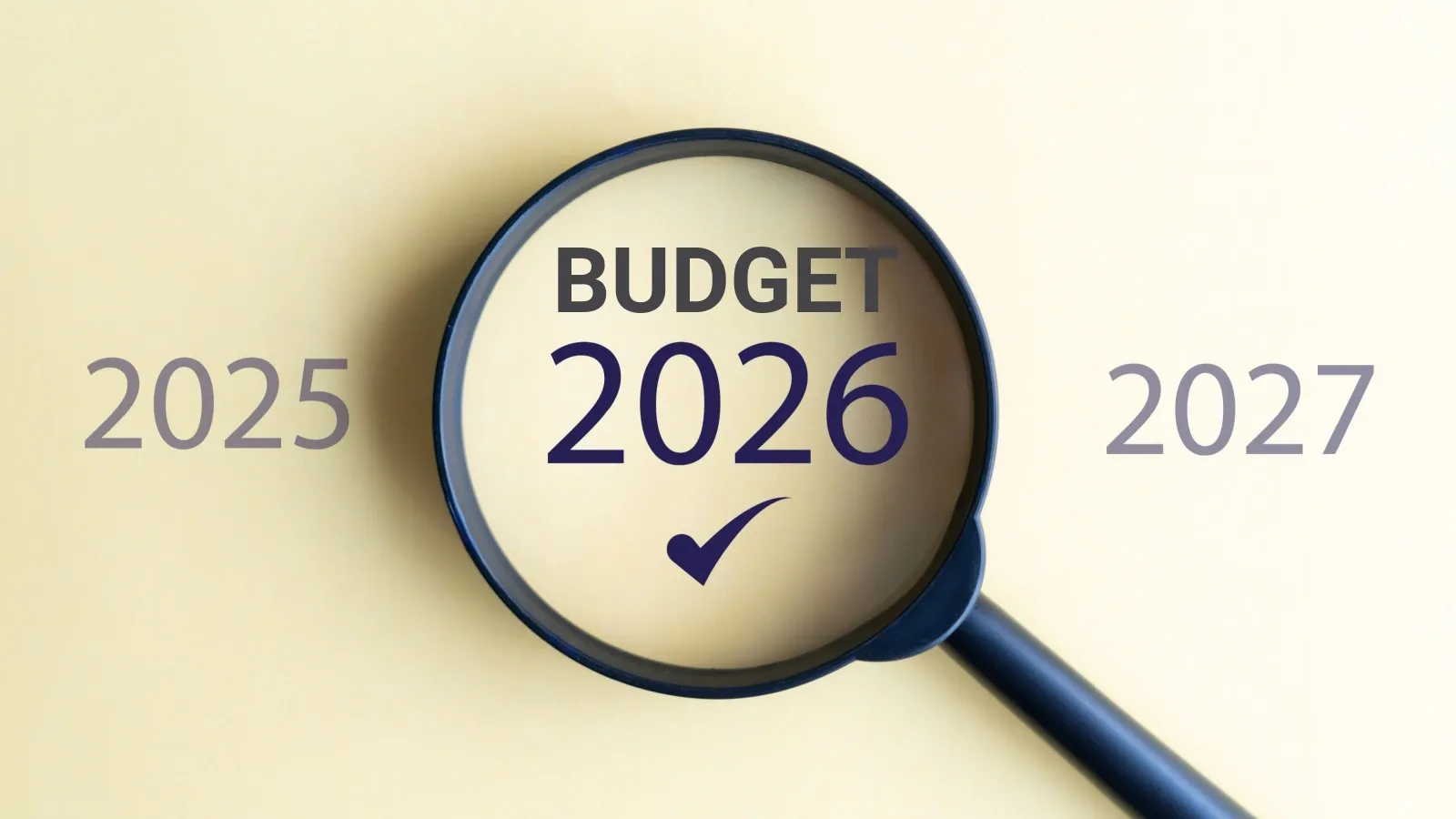Personal Finance News
Union Budget 2025: Insurers eye tax benefits, incentives; taxpayers expect increased deductions under Section 80D

4 min read | Updated on January 14, 2025, 17:06 IST
SUMMARY
The IRDAI has set an ambitious vision of "Insurance for All by 2047", prompting stakeholders to explore innovative yet prudent ways to expand affordable coverage.

Key expectations include a dedicated tax deduction for life insurance premiums under Section 80C and a revision of income tax slabs and exemption limits to enhance disposable incomes
Insurers are seeking tax benefits for buyers and incentives for selling policies in their wishlist for the upcoming Union Budget as the country is projected to emerge as the G20's fastest-growing insurance market.
In 2023-24, the country's insurance penetration was at 3.7% compared to 4% in 2022-23, according to the Insurance Regulatory and Development Authority of India (IRDAI).
The insurance penetration for the life insurance industry marginally declined to 2.8% during 2023-24 from 3% in the preceding year. The penetration with respect to the non-life insurance industry remained the same at 1% during 2023-24 as in 2022-23.
India is expected to lead G20 with an average 7.3% premium growth over 2025-29 and become the fastest-growing insurance market among the elite grouping, a Swiss Re report released on Tuesday said.
On expectations from the Budget, Neha Parikh, Vice President and Sector Head, Financial Sector Ratings at ICRA Ltd said that given the weak solvency position of the PSU general insurance companies, the announcement related to budgetary allocation for their recapitalisation will be positive.
"Further, given the low penetration of the insurance segment, the government can announce measures to incentivise the penetration, especially for the lower ticket size policies," Parikh said.
Mayank Gupta, Co-founder and COO at Zopper, was of the opinion that addressing the ailing insurance penetration problem by incentivising the industry participants to bring new-to-insurance customers into their fold could be one such strategy to expedite the coverage of larger populations under insurance.
"Allowing insurance companies greater flexibility in creating and distributing insurance plans by using technology and moving beyond traditional methods is also the need of the hour," he said.
Gupta suggested that cross-selling insurance along with other financial products should be encouraged as this reduces the distribution cost of insurers while at the same time easing the accessibility and affordability of such products for the end customer.
Balachander Sekhar, co-founder & CEO of RenewBuy, said the Union Budget provides excellent opportunities to pump up the insurance sector, which is hoping for a reduction in GST rates to make health insurance more affordable, an increase of tax exemption to encourage people to buy insurance policies that would ultimately provide security and long term capital, and rationalisation of capital gain taxation.
"In addition, providing incentives for insurance in rural India will significantly impact expanding and promoting insurance in those areas where penetration is very low," Sekhar added.
On Budget expectations, Anup Rau, Managing Director and Chief Executive Officer of Future Generali India Insurance Company, said India's insurance sector is poised for its most significant reforms to date.
The IRDAI has set an ambitious vision of "Insurance for All by 2047", prompting stakeholders to explore innovative yet prudent ways to expand affordable coverage.
"Affordability will drive accessibility thereby enhancing reach and penetration of insurance across the country," he said.
On the health insurance side, Rau said there is a need to enhance the deduction limit under Section 80D, which has remained unchanged for nearly a decade now despite a significant surge in healthcare costs.
Avinash G Singh, Head of Investment Research & Analytics at Aranca, said the insurance industry is looking forward to the Union Budget 2025 with hopes for reforms that could drive growth and accessibility.
Key expectations include a dedicated tax deduction for life insurance premiums under Section 80C, a revision of income tax slabs and exemption limits to enhance disposable incomes, and measures to encourage higher investments in insurance products, Singh said.
Meanwhile, Swiss Re in a report on the insurance market outlook for India said India's insurance market is projected to be the G20's fastest-growing market over the next five years, with total premium volumes (life and non-life) up 7.3% in real terms on average each year.
Growth underpinned by macroeconomic tailwinds, digitalisation progress and the conducive regulatory environment, it said.
The report said life premiums are estimated to grow by 4.8% in 2024 in real terms and by 5% in 2025 (2025-29: 6.9%), following a meagre 0.7% growth in 2023, when the savings segment was adversely impacted by regulatory and taxation changes.
The non-life insurance business is forecast to expand to 7.3% (up from 5.7% in 2024) on the back of rising risk awareness, robust economic growth and regulatory initiatives in support of digitalisation, it added.
There were 26 life insurers, 25 general insurers, eight standalone health insurers, 12 reinsurers and foreign reinsurance branches, and two specialised insurers, registered as of March 31, 2024.
By signing up you agree to Upstox’s Terms & Conditions
About The Author
Next Story


